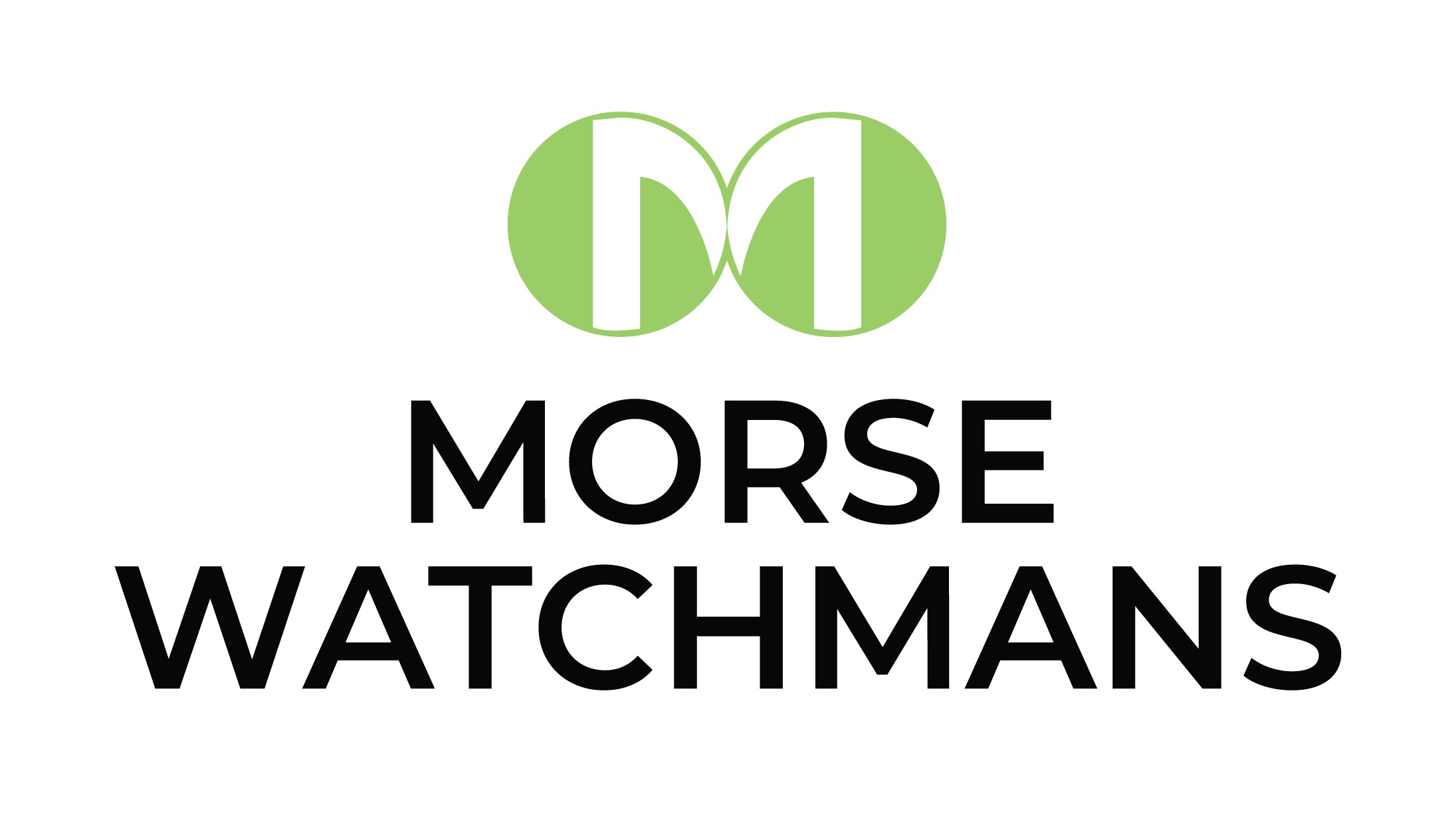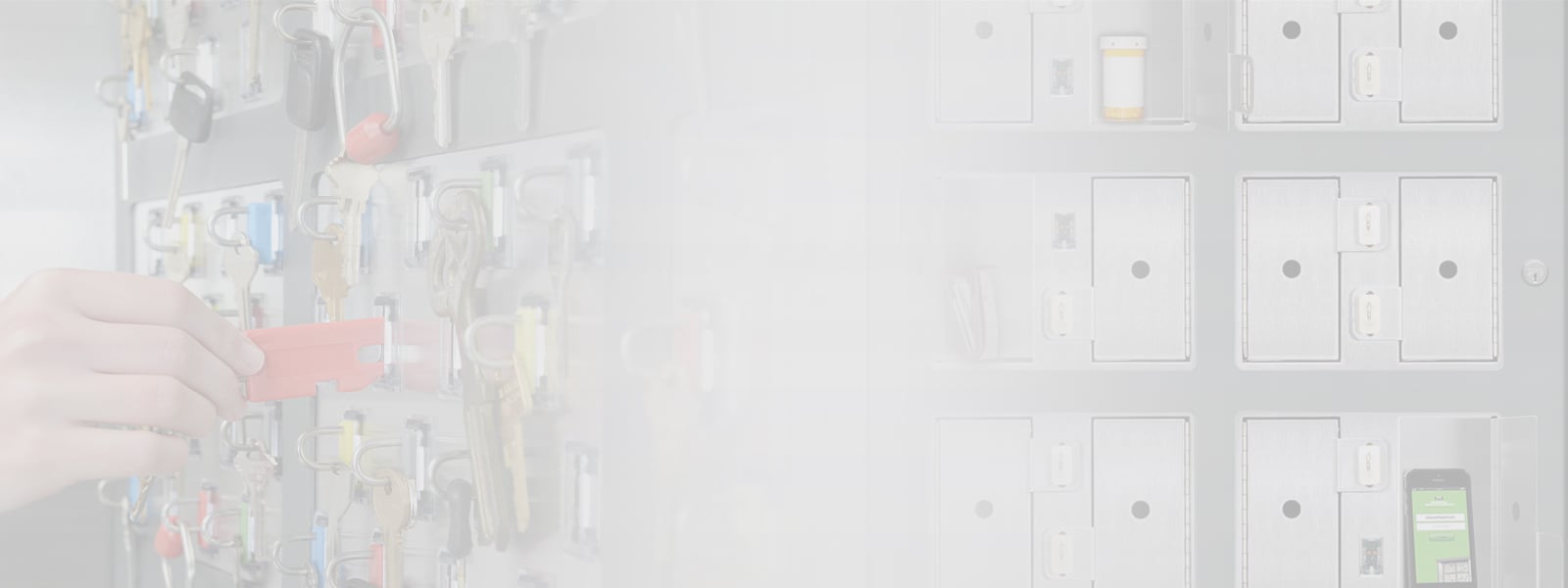Making things better for the user is a guiding principle of successful manufacturers and service organizations alike. In practice, this means taking a step-by-step approach in formulating, developing and testing to ensure that a new feature or product is truly wanted and needed. The evolution of many of the innovative and feature-rich functions in key control systems has been based on this principle and has resulted in a product solution that more effectively meets users’ needs.
Looking back over the past several years, it’s easy to track the introduction of product upgrades or new products based on validated user needs. Lockers were introduced to secure larger sized and/or more valuable items such as notebook computers, weapons, hand-held radios, cash trays and smartphones. Other developments were introduced to help improve user convenience such as illuminated key slots, larger displays and advanced key reservations. These conveniences were supplemented by time saving operations to allow the return of a key to any cabinet in the enterprise and features that quickly enable administrators to locate which cabinet a specific key is in or determine who has it out.
Still other upgrades to key management systems were implemented to provide users with more capabilities in network based applications, including the capability for integration of multiple locations and common usage of database and programming. The improvements also allowed for greater flexibility in generating a variety of customized and automated reports, email and SMS text notifications. The addition of a mobile phone application was just one more example of a validated user need.
Most recently, the use of audio is being tested in key control systems. The technology uses voice cues to prompt the user to open the door, remove the key, return the key and close the door. Customer feedback will help determine whether this feature is needed and/or useful, and a positive response will speed its incorporation into new systems in the future.
Making key control systems better for the user is also a benefit for the manufacturer and for the industry – and even more so when all three are a party to the innovations.



